Renowned for stunning landscapes, famous artists, and perhaps the world’s most delectable cuisine, it’s easy to see why Italy is a top destination for travel lovers. Whether you’re keen to visit one of the country’s 55 UNESCO World Heritage sites, wander through the streets of the eternal city, cruise the Venice canals, or soak up the sun on Sardinia’s Costa Smeralda, the options are endless in bella Italia. Thankfully, there are other ways for us to experience la dolce vita when we’re unable to travel. For instance, Italian wine provides the perfect opportunity to capture a taste of Italy at home.
There are over 350 grape varieties authorized for winemaking in Italy, and the country has documented 500 grape varieties in total. This means there’s an abundance of Italian wine waiting to be discovered. To start, you could enjoy the more well-known Italian wines. For instance, a crisp Pinot Grigio from Trentino-Alto Adige loaded with citrus and green apple flavors. Or maybe a Chianti Classico made from Sangiovese with flavors of red cherries, plum, and dried herbs. Yet if you’re touring Italy by the glass, why not venture a little further off the beaten path. Try these five transformative Italian wines and their perfect pairings for a true taste of Italy.
Barolo D.O.C.G. from Piemonte
Arguably one of the greatest wines the world over, Barolo hails from the north-west corner of Italy. Here you’ll find the Piemonte wine region tucked away in the foothills of the Alps. Actually, the region’s name comes from the Italian words for “foot” (piede) and “mountain” (monte).
Like many Italian wines, Barolo is named for the region in which the wine is made. Barolo D.O.C.G wines are made from the Nebbiolo grape, a red variety native to the region of Piemonte. This is truly an authentic Italian wine because very few producers outside of Italy have mastered this variety as well as the Piemontese.
Nebbiolo is a notoriously difficult grape to grow. This variety has high levels of acidity and tannin, which require a long growing season to fully develop. However, Nebbiolo thrives in Piemonte’s moderate continental climate, where the mountains to the north protect the region from rain and damaging winds. Piemonte is also subject to heavy fog, which can help prolong the growing season.
Resting along a horseshoe-shaped valley, the vineyards of Barolo lie on steep slopes at 300-500 meters above sea level. At this altitude, Nebbiolo is able to ripen slowly while developing exceptionally perfumed aromas of sour cherries, herbs, roses, dried flowers, and leather. Barolo wines are typically full-bodied with super bright acidity and formidable tannins. The high tannins and acidity mean Barolos can be cellared for upwards of ten years. With age, these wines develop irresistible truffle, tar, and mushroom aromas.
Wine Pairing: Barolo + Creamy Truffle Risotto
Barolo’s high acidity makes this Italian wine a great match for earthy flavors or rich, creamy dishes. Piemonte is also the land of black truffles and the old adage of “what grows together goes together” definitely rings true here. Truffles and Barolo are a match made in heaven.
Creamy truffle risotto is the perfect pairing for Barolo. Its skyscraping acidity will cut through the fattiness of rich dishes and makes a tantalizing contrast to luscious, cheesy risotto. While the truffle flavors in the dish will enhance both the earthy, sour cherry, and floral flavors in the Nebbiolo. If you didn’t think truffle risotto could get any more decadent, wait until you taste it alongside a glass of Nebbiolo. If you can’t get your hands on truffles, throw in a mix of earthy, wild mushrooms instead.
Carricante from Sicily
Next, cruise from Piemonte through the Mediterranean to the sun-soaked island of Sicily where they’ve been making wine since 4,000 B.C. In recent years, they’ve staked their claim on the international wine scene with wines from Mount Etna. Yes, these risk takers cultivate vineyards amongst the foothills of an active volcano. But the bigger the risk, the bigger the reward and Mount Etna wines are paying off big time.
Both red and white varieties thrive in the volcanic soils of Mount Etna. These soils retain water well, which helps produce fresh and lively wines. Additionally, the volcanic soils contribute trademark sapidity, salinity, and minerality. These characteristics have amassed a huge fan base for Mount Etna wines.
Carricante is one Sicilian white variety which thrives in volcanic soils and absolutely cannot be missed. This grape yields wines with vivacious acidity, savory minerality, and explosive citrus and blossom aromas. Taking a whiff of a glass of Carricante is an exhilarating experience to say the least. You’ll be swept away by orange blossom, lime blossom, lemon zest, juicy peach, white pepper, and sea breeze aromas. The electrifying acidity and fresh citrus laden palate will have you dreaming of the Sicilian coast.
Wine Pairing: Carricante + Insalata di Mare
This Italian white wine is ideal alongside all types of seafood dishes, but a fresh seafood salad is the ultimate match. The wine’s minerality complements the salty flavors of the Mediterranean sea nicely. While the fresh lemon and herbs of the insalata di mare enhance the citrus flavors of the wine. A seafood salad is also delicate enough to allow the wine’s blossom aromas to shine.

Insalata di Mare
Aglianico from Campania
Now we’re headed back to Campania on mainland Italy. The ancient Romans considered this Southern Italian region to be the ultimate terroir for viticulture. Campania is home to a plethora of intriguing indigenous varieties. Amongst them, you’ll find Aglianico, one of the most prestigious grapes of the south.
Aglianico wines are gaining increasing attention throughout the wine world for their unmistakable savory flavors and depth of character. Though Aglianico grows throughout Campania, seek out Taurasi D.O.C.G wines for the very best quality.
Their deep, inky color alludes to the robust tannins and full body offered by the variety. Expect flavors of black cherry, black plum, and white pepper. With age, Aglianico develops more soft, dusty aromas and flavors of dried figs, leather, chocolate, and smoke. These earthy, rustic red Italian wines will transport you to the sundrenched Italian countryside. While entry-level Aglianico is capable of aging in your cellar for five to seven years, Taurasi D.O.C.G. wines from the best vintages age well for up to twenty-five years.
Wine Pairing: Aglianico + Beef Braciole
A rustic, robust wine like Aglianico calls for a hearty, homemade meat dish. A classic Italian comfort food, beef braciole is a mouthwatering match for this hefty Italian red. Tenderized slices of beef are rolled around a stuffing of pecorino romano cheese, garlic, parsley, pine nuts, and prosciutto. Then, the beef rolls are tied together and simmered with celery, carrots, onions, red wine, and tomato sauce for hours.
Aglianico’s tannins are softened alongside the meat and savory, saltiness of the dish. While the acidity in the tomato sauce perfectly complements the high acidity in the wine. Plus, the aromatics in beef braciole enliven Aglianico’s dark fruit flavors and spice notes.

Beef Braciole
Amarone della Valpolicella DOCG from the Veneto
One of Italy’s largest regions, the Veneto is home to both easy drinking and exceptionally complex Italian wines. Amarone della Valpolicella D.O.C.G. is definitely amongst the latter. Situated northwest of Verona, Valpolicella exhibits a variety of soil types, including limestone, clay, volcanic, gravel, and sand. This diverse topography means the region is capable of successfully cultivating a wide range of grape varieties. Yet Corvina, Molinara, and Rondinella are the three local varieties used to produce Valpolicella D.O.C. wines. These Italian red wines are fruity with red cherry flavors and light tannins.
The real magic begins with Amarone della Valpolicella D.O.C.G. These wines are made using the appassimento method, a signature winemaking practice of the Veneto. The grapes are picked early when acidity is still high, then left to dry indoors laid out on straw mats to concentrate sugars flavors. Later, they are fermented during the winter months. This process produces wines with greater structure and more concentrated flavors. Amarone wines are full-bodied with high alcohol, medium to high tannins, and intensely concentrated flavors of dried cherries, black figs, and dark chocolate.
Wine Pairing: Amarone dellal Valpolicella + Braised Short Ribs with Gorgonzola Polenta
Short ribs braised for hours in red wine, tomato sauce, herbs, and garlic until they’re fall-off-the-bone tender are an outstanding pairing for Amarone. A pairing which could only be improved by the addition of gorgonzola polenta. The full body and plush tannins of Amarone are the ideal complement to rich, fatty braised short ribs. While the creamy polenta with sweet, piquant gorgonzola flavors will highlight the chocolate and dried fruit flavors in the wine.

Braised Short Ribs
Ribolla Gialla from Friuli-Venezia Giulia
Finally, we’ll round out this taste of Italy tour in the northeastern region of Friuli-Venezia Giulia. Tucked away between the foothills of the Alps to the north and Adriatic Sea to the South, Friuli’s alpine climate is perfect for white wine. Northern vineyards in the foothills of the Alps are cooled by the mountain air, while the Adriatic moderates warm temperatures in the southern plains. Warm sun during the day ripens grapes beautifully. Then, these Alpine and Adriatic influences lower temperatures at night, preserving flavors and acidity. These unique climatic and geographical conditions of Friuli allow white varieties to thrive.
Ribolla Gialla is one of the most exciting, yet rarely talked about, Italian wines of the region. Enjoying this wine is like savoring a glass of sunshine. Bright citrus aromas practically explode from a glass of quality Ribolla Gialla. Expect zesty lemon and sweet tangerine aromas, plus floral notes and a brisk, zippy acidity. When grown in warmer vineyard sites, Ribolla Gialla also shows peach and apple aromas. For the very best Italian wines from this variety, look to Colli Orientali del Friuli D.O.C. and Collio Goriziano D.O.C.
Wine Pairing: Ribolla Gialla + Fritto Misto di Pesce
Ribolla Gialla is loaded with refreshing acidity, making it the perfect match for fried foods. Fritto misto di pesce, or mixed fried seafood, available seaside on just about any Italian coastline, begs for a glass of Ribolla Gialla. Fresh calamari, shrimp, and various tiny fish are lightly dredged in semola, fried, and served with fresh lemon wedges. The result is a crispy bite of seafood heaven that tastes like the salty surrounding seas. Ribolla Gialla’s high acidity cuts through the greasiness of the fried seafood and the delicate salty seafood flavors elevate the citrus and floral notes of the wine impeccably.

Fritto Misto
So, are you ready to pour a glass of Italy?
This blog post is contributed by Nicole Dickerson at Palate Club:
Palate Club is on a mission to help you find wines you love. Our expert sommeliers source sustainable, artisan wines from around the world. Only 5% make the cut! All of our wines are shipped blind so you can rate the wines in our app objectively based on your taste alone. Then, we use machine learning with over 200 hundred wine traits to match wines to your unique taste. Basically, Palate Club is like having your own personal shopper for wine.
1 Comment
Submit a Comment
Related Posts
Nature’s Masterpiece: Unveiling the Beauty of Smoky Mountain National Park during Fall
Nature’s Masterpiece: Unveiling the Beauty of Smoky Mountain National Park during Fall is a breathtaking journey through a kaleidoscope of colors. As the leaves transform into vibrant hues of red, orange, and gold, the park becomes a living canvas. Majestic mountains, cascading waterfalls, and serene forests create a symphony of natural wonders that captivate the soul.
Exploring the World Together: The Joys and Challenges of Couples Travel
“Exploring the World Together” is a captivating guide that delves into the joys and challenges of couples travel. From navigating cultural differences to discovering hidden gems, we offer practical advice and inspiring stories that will ignite your wanderlust. Join us on a journey of love, adventure, and unforgettable experiences.
Unlocking the Secrets of Sauna: Exploring the Ancient Tradition of Sweating for Wellness
Unlocking the Secrets of Sauna takes readers on a captivating journey into the ancient tradition of sweating for wellness. From the origins of saunas to their modern-day benefits, we delve into the science behind the heat, the rituals, and the rejuvenating effects. Discover the secrets that have been passed down through generations for ultimate relaxation and well-being.

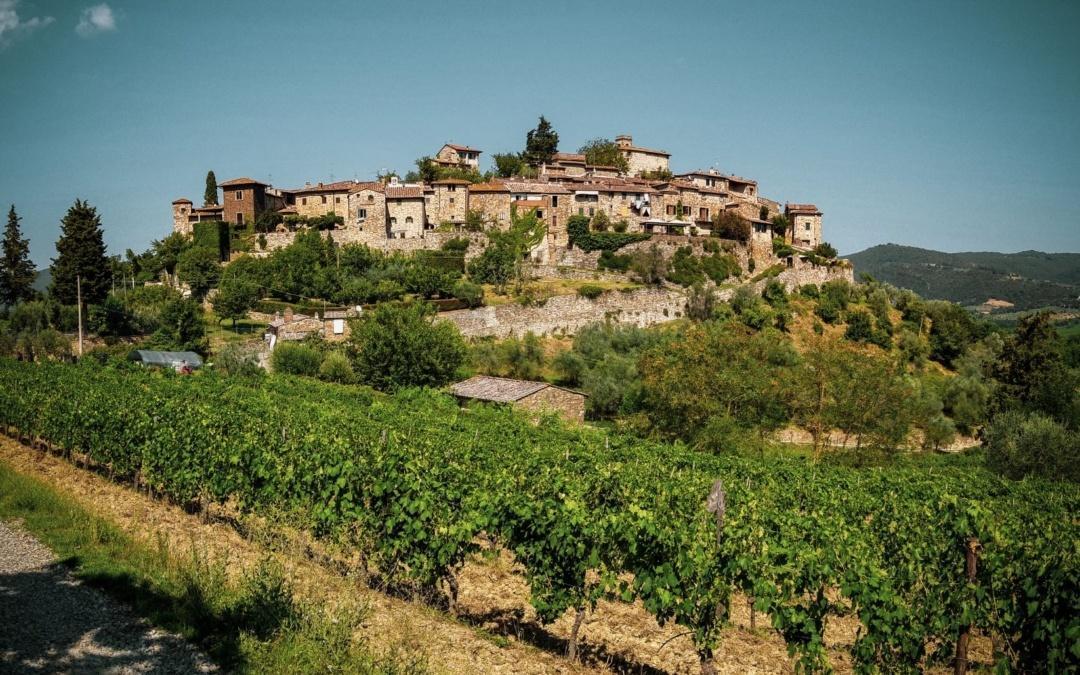
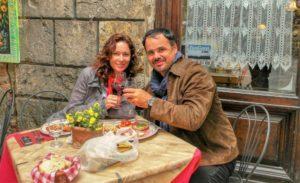
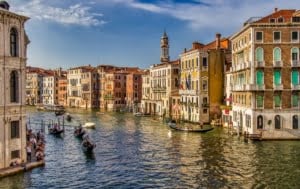
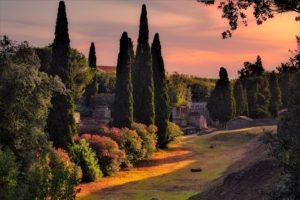
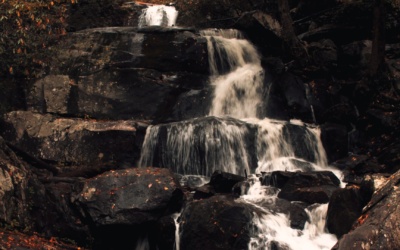

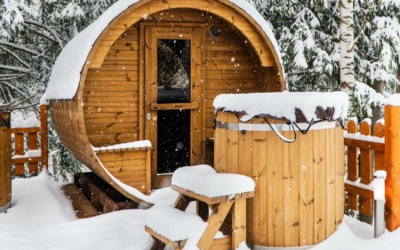



Im just craving for the Beef Bracio right now hahaha. Just can’t imagine the taste. Thanks for this guys